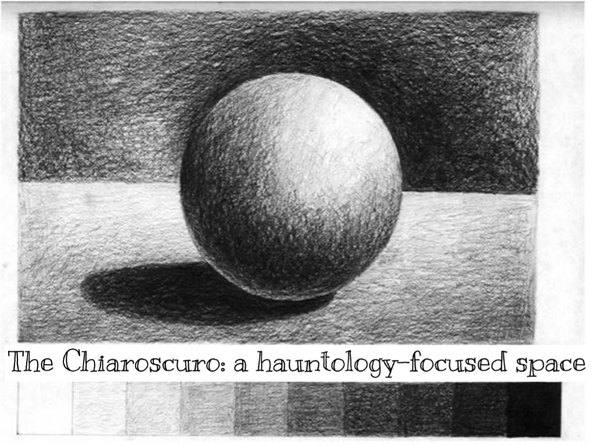A post by Bakir Ovčina
INTRODUCTION
In 1991, prominent Yugoslav Communist-turned-dissident Milovan Đilas reflected on how the
egalitarian utopia of Marxism-Leninism was rapidly coming to its end. He pondered whether a
‘body of new and attractive ideas might arise – perhaps a call for a new utopia’ (Djilas and Urban
1991, 178). When the world was looking to the future, former Yugoslavia was in a deep crisis.
Djilas did not believe Yugoslavia would fall apart (Djilas and Urban 1991, 175). He was wrong.
The end of the Bolshevik utopia in Yugoslavia brought a devastating war. In that war, Serb forces
sought to create their own new utopia, ‘a state cleansed of any “foreign” elements – a nationally pure Greater Serbia’ (Weitz 2003, 236). Serbian leader Slobodan Milošević’s promised state was
bound up in utopian language of ‘all Serbs in one state,’ ‘fast railways’ and ‘Swedish job
protection’ (Korać 2014). This utopia also meant wholesale genocide of the Bosniak/Muslim
population in Bosnia, culminating on 11 July 1995 in Srebrenica, where the forces of General
Ratko Mladić, in his words, ‘took revenge on the Turks’ by butchering some 8,372 men and boys
(Suljagić 2021, 1). The ‘Turks’ he referred to were the Bosnian Muslims, identified with the
Ottoman Empire. The Ottoman Empire (ca. 1299–1922) controlled much of former Yugoslavia,
Southeastern Europe, Western Asia and North Africa. Its influence profoundly shaped the culture,
customs and language, of especially the Balkan nations (Lory 2015, 391–404). Maria Todorova
(1997, 46–47) argued it is ‘preposterous to look for an Ottoman legacy in the Balkans. The
Balkans are the Ottoman legacy.’ However, this heritage has been often maligned, and the
Ottoman Empire vilified.

